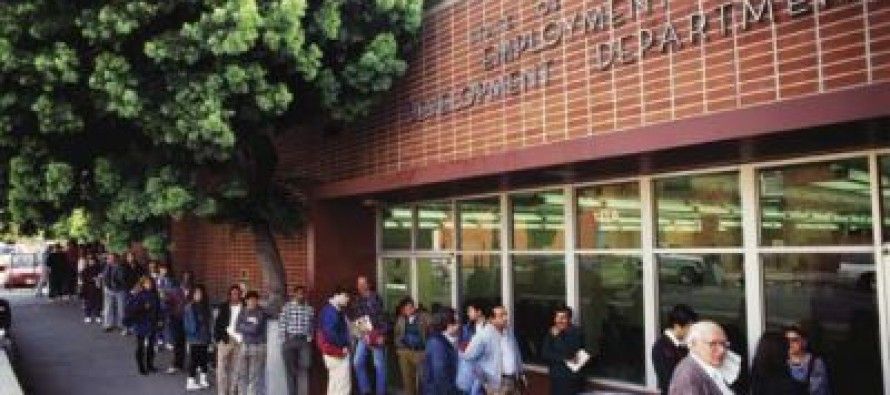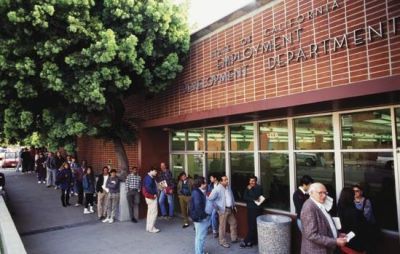Minimum wage truth and consequences: Who’s listening?

 Let’s hope voters become more engaged than some elected officials in the minimum-wage debate.
Let’s hope voters become more engaged than some elected officials in the minimum-wage debate.
Voters will be subjected to counterarguments in the minimum-wage debate. Raising the minimum wage undoubtedly will make things better for some minimum-wage workers – more to spend, raising some out of poverty. At the same time, it likely will cost some minimum-wage workers their jobs and raise costs for all consumers, including, of course, those minimum-wage workers who get a raise.
California cities are in the forefront of the debate:
- San Francisco voters will consider raising the minimum wage from $10.74 an hour to $15 by 2018.
- Oakland voters will be asked to raise the minimum wage from $9 an hour to $12.25 by March 2015.
- San Diego faces a referendum in two years over a minimum wage increase passed by the city council over the mayor’s veto.
- In Los Angeles, the mayor is proposing a $13.25 minimum wage with future increases tied to inflation. The L.A. City Council couldn’t wait. They already passed a $15.37 minimum wage for hotel workers and some council members want to introduce a minimum wage increase to $15.25 for all city workers by 2019.
This year the Congressional Budget Office laid out the consequences of raising a federal minimum wage from $7.25 an hour to $10.10 an hour. Most workers would receive higher pay, some would lose their jobs, and the share of low-wage workers who are employed would fall.
Inflation
There is the additional concern of setting off some inflationary movement as costs go up, putting pressure to raise wages across the board.
Many businesses worry about continued government dictates to business. Small business in particular is worried how raising the minimum wage will affect their ability to hire new employees or even to stay in business.
The job loss threat should be considered real. When the Los Angeles City Council passed the minimum wage for hotel workers, economist Christopher Thornberg opined in the Los Angeles Times after studying the matter for the council that the results of his study “strongly suggest that such a steep increase in the minimum wage could result in a sharp decline in the number of jobs in the hotel industry.”
Didn’t look
More troubling was Thornberg’s assertion that the council didn’t bother to look at his findings. Thornberg wrote:
“But the City Council never seemed interested in really examining the potential economic consequences of the ordinance. We got our instructions about what questions to address just two weeks before the vote, and we were surprised to learn that the council intended to vote on the day after we turned in our final analysis, which suggests none of the members spent time looking at our findings.”
Further, Fernando Guerra, head of the Center for the Study of Los Angeles at Loyola Marymount College, said of the message sent to the business community opposing the hotel minimum wage increase, “This decision seemed to say: ‘Not only are you going to lose, we’re not going to listen to you. You’re a non-factor.’”
Will those members of the business community who oppose the minimum wage increase have any better luck with the voters? History indicates voters tend to support minimum-wage increases.
Consequences
Importantly, will the voters be willing to listen to arguments about the consequences of raising wages and balance that against any pluses that come with the government order?
A possible outcome of the minimum wage debate may produce a third way. Call it job-wage classification: for example, increasing pay for some minimum-wage jobs, but keeping a lower cap on other jobs for new workers so they can enter the job market.
Job-wage classification may occur because the one-size-fit model doesn’t satisfy all companies, especially small businesses. But be wary and concerned about such a move. Job-wage classification for the minimum wage is more micromanaging government interference with businesses.
Related Articles
Obama draws CA ire on Armenian genocide
In an attempted act of political finesse, president Obama declined to call the mass slaughter of Armenians, carried out
Schwarzenegger Calls for 2016 Water Infrastructure Bond
“California is short of water, but it’s flooded with headlines about the drought,” former Governor Arnold Schwarzenegger said kicking off
Legislators push for higher taxes
MAY 5, 2010 By MICHAEL BARNHART and BRYAN LEONARD Pity California taxpayers. They are afflicted with the nation’s highest sales




